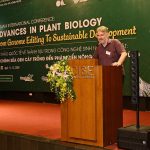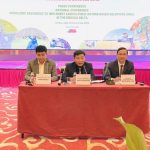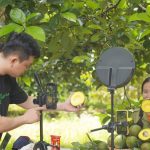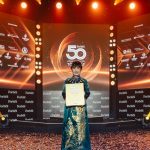With positive shifts in the global food supply chain and leveraging its natural advantages with a focus on high-tech agricultural development, Vietnam’s agricultural produce and processed food products are now present in over 180 countries and territories, according to the Food and Foodstuff Association (LTTP) ahead of Vietfood & Beverage – Propack 2024, the 28th edition.
Vietfood & Beverage – Propack is renowned as the largest exhibition in the food industry. In 2024, with the market expansion, the scale of Vietfood & Beverage – Propack Vietnam increased by 40% compared to 2023, with more than 900 businesses from 20 countries and territories participating.
Despite significant growth, there is a significant challenge: the world’s leading import and consumption markets, such as the US, EU, and China, along with domestic customers, are increasingly demanding sustainability throughout the entire supply chain. Consumer behavior is also evolving, particularly with the rising trend of demanding organic and green products.
According to the Ministry of Industry and Trade, the consumption demand for green products in Vietnam grew at an average rate of 15% annually during the 2021-2023 period. Approximately 72% of consumers are willing to pay more for green products, indicating a growing awareness and interest in environmental protection. This is evident in the popularity of green products across various industries.
Euromonitor’s report shows that Vietnam’s organic food market reached a value of US$100 million in 2023, a 20% increase compared to 2020. Thus, developing in an organic and sustainable direction is a mandatory path for all businesses. However, this path is not without its challenges.
With fragmented land and limited capital, along with restricted technical expertise, Vietnamese agricultural producers lack the resources and capabilities to adopt advanced technology.
“Only about 1-2% of Vietnamese businesses operate in the agro-forestry-fishery sector, and among them, only around 50 are recognized as ‘high-tech agricultural enterprises,’ with less than 300 agricultural enterprises applying high technology (less than 3% of the total number of agricultural enterprises),” said Mr. Dang Kim Son, Vice Chairman of the Association of High-Tech Agricultural Enterprises.
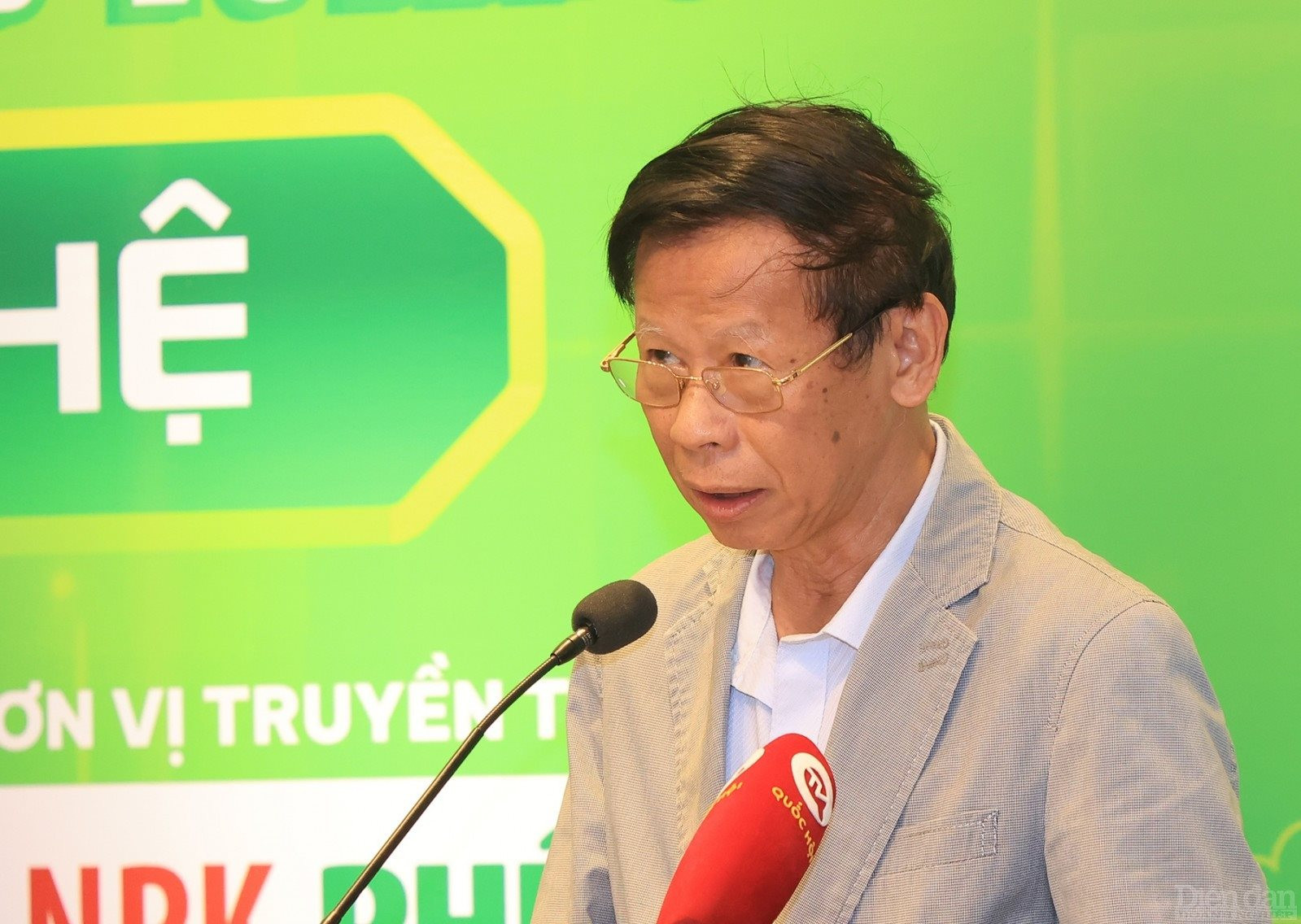
Fig. 1: Mr. Dang Kim Son, Vice Chairman of the Association of High-Tech Agricultural Enterprises.
From an insider’s perspective, Mr. ThS. Nguyen Van Nga – Deputy General Director of Mebi Farm JSC, identified technology and investment capital as the two biggest challenges to achieving sustainable farming. He cited scientific reports indicating that post-harvest losses in Vietnam are estimated at 30-35% of the total yield. With technology, efficiency would inherently increase yield per investment without raising resource utilization costs.
To support businesses in attracting investment, various preferential policies have been introduced. Notably, there is a draft to form value chains, linking them into ecosystems with leading enterprises responsible for processing and adding value to agricultural produce and bringing goods to market. Surrounding this nucleus are small and medium-sized local enterprises providing inputs and production and business services…
Most importantly, enterprises must be conscious of sustainable development and joining the global supply chain. An excellent example is Phuc Sinh, a company exporting pepper and now coffee from Vietnam to the world. Starting as a private company with meager capital, Phuc Sinh has become a significant agricultural exporter, with an estimated revenue of VND 6,500 billion in 2023. Currently, Phuc Sinh is also the first Vietnamese agricultural enterprise valued at USD 320 million by a European investment fund, which directly invested in the company.
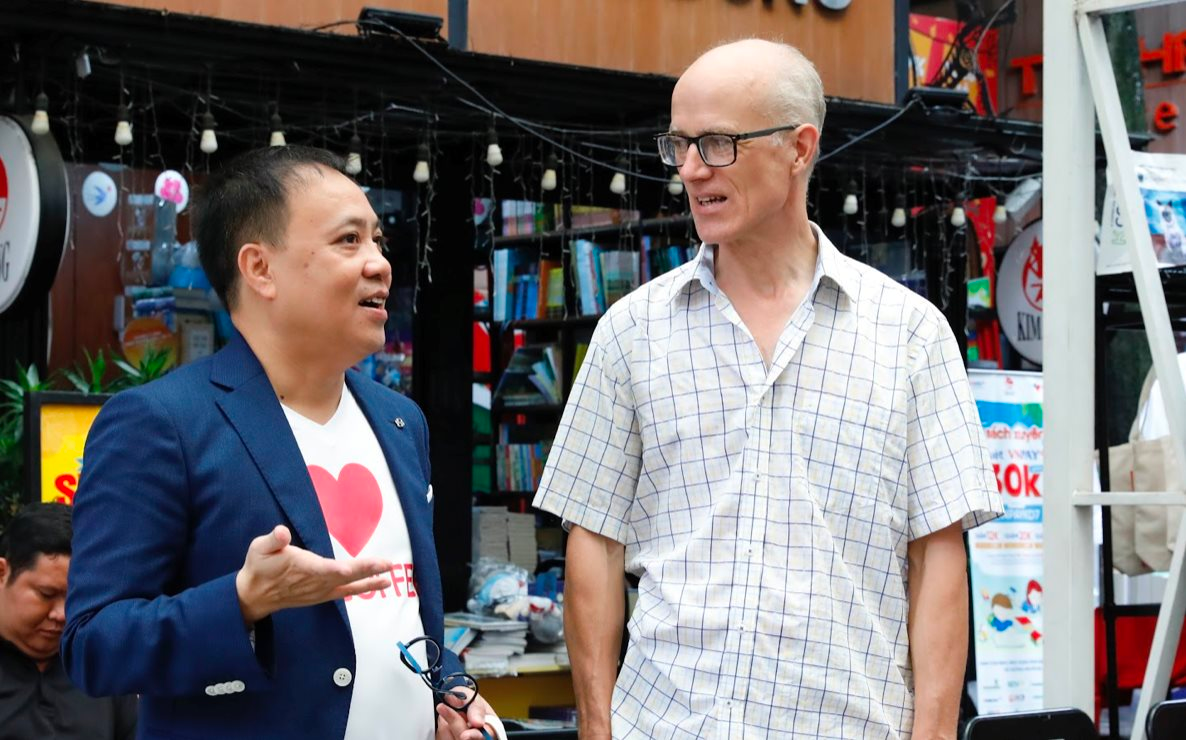
Fig. 2: Mr. Phan Minh Thong, representing Phuc Sinh, a VND 6,500 billion agricultural exporter in 2023.
“I see money and gold in agriculture,” shared Mr. Phan Minh Thong. He added that when engaging in agriculture, Phuc Sinh’s first thought was sustainable development.
In 2008, when the company was only exporting pepper, they began constructing a sterilization plant. At that time, sterilized pepper was a novelty in Europe, used in sausages, cold cuts, and salami…
By 2009, when Mr. Thong met with partners in the Netherlands, up to 90% of the sterilized pepper output was supplied to a distributor with a substantial market share in Europe. This distributor required Rainforest Alliance (RA) certification, indicating compliance with Sustainable Agriculture Standards.
Today, the company is replicating this model with its coffee products under the K Coffee brand. This approach has helped Phuc Sinh remain resilient in the face of new requirements from Europe, which could have resulted in a refusal to purchase coffee from Vietnam otherwise.
Women in Action – Dang Huynh Uc My, the Female General of the Vietnamese Agricultural Industry
Representing the outstanding young female leaders of the modern smart agriculture industry, Ms. Uc My has made positive contributions to the national economy by conquering international scientific and commercial arenas.
E-commerce Livestreaming “Levers” Drive Businesses towards the Dual Goals: Revenue and Social Contribution
In partnership with e-commerce platforms and leveraging the power of Shopee Live under the “Honoring Vietnamese Agricultural Products” project, FoodMap’s total revenue in 2023 increased fivefold compared to the same period in 2022, enabling the company to make practical contributions to Vietnamese agriculture.
Founder Huynh Bich Ngoc and TTC AgriS: 55 Years of Dedication and Value Chain Creation
For over five decades, TTC AgriS (listed on HOSE as SBT), has been a pioneer in high-tech and sustainable agriculture in Vietnam, thanks to the visionary leadership of its founder and chairperson, Ms. Huynh Bich Ngoc. With her keen business acumen and strategic foresight, Ms. Ngoc has steered the company to its leading position in the industry. Through her dedication and passion for the sector, she has made significant contributions to Vietnam’s sugar industry and has been instrumental in fulfilling TTC AgriS’ mission of elevating the nation’s agriculture to new heights of sustainability and success.


